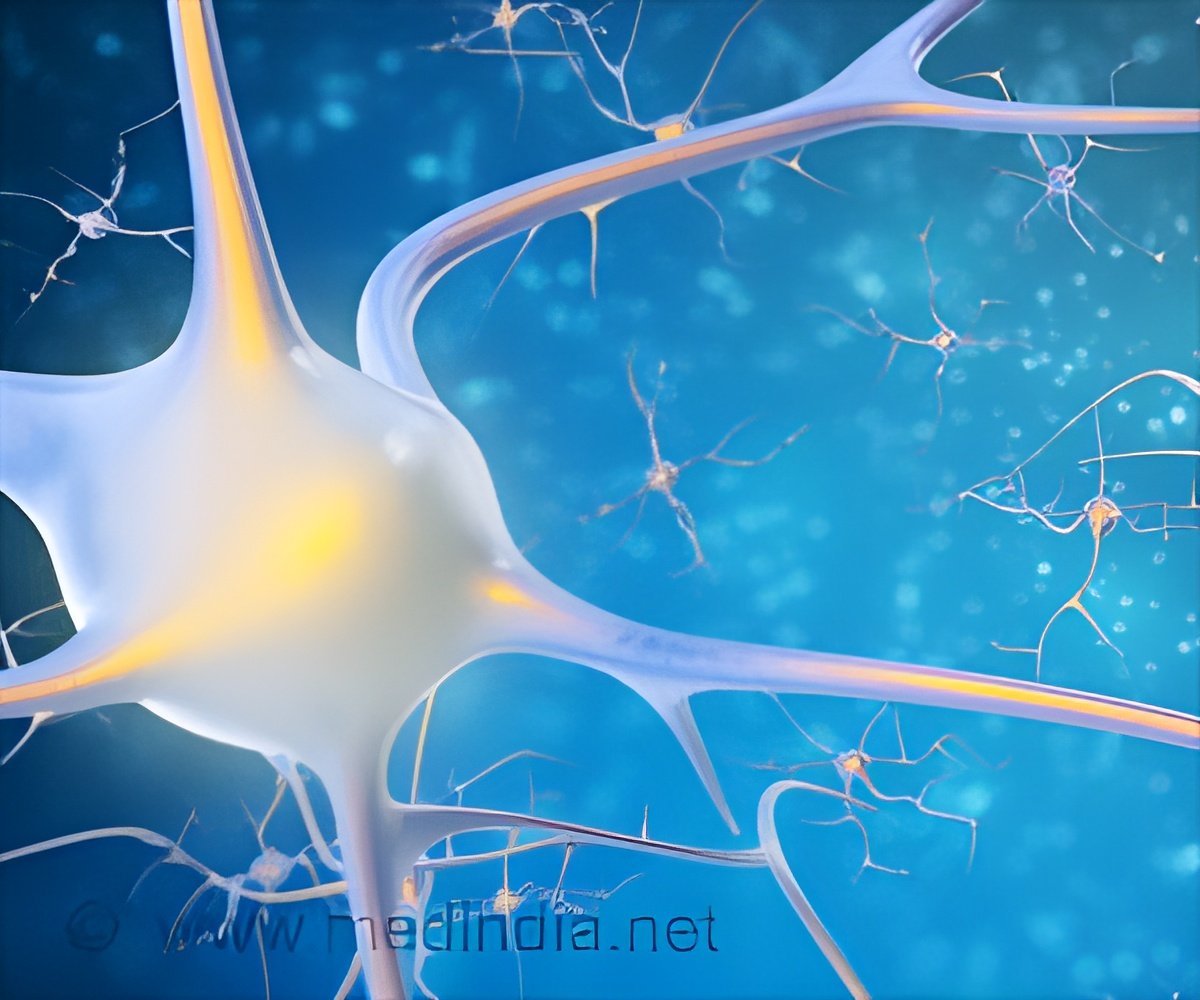Multiple sclerosis (MS), an autoimmune disease of the brain and spinal cord, affects about 2.3 million people worldwide.

Given such debilitating effects, an aggressive search is on among scientists to find a cure for MS. Currently available therapies are only partially effective, however, in preventing the onset of permanent disability in MS patients. What would be immensely helpful is a drug that could minimize the degeneration of axons, thus reducing the rate and degree of MS progression. Better still would be if this drug could stimulate "remyelination," the re-sheathing of the axons, restoring fast and uninterrupted flow of nerve impulses.
Now a team of researchers, led by a biomedical scientist at the University of California, Riverside, reports in this week's issue of the Proceedings of the National Academy of Sciences that it has identified just such a drug in the lab: indazole chloride (Ind-Cl).
"This drug, which we administered on transgenic mice, can potentially halt the symptoms and reverse ongoing motor deficit due to MS," said Seema K. Tiwari-Woodruff, an associate professor in the UC Riverside School of Medicine whose lab led the study. "Our study shows that Ind-Cl can remyelinate axons which have gotten injured not just in MS but also traumatic brain injury and spinal cord injury."
Source-Eurekalert
 MEDINDIA
MEDINDIA



 Email
Email









